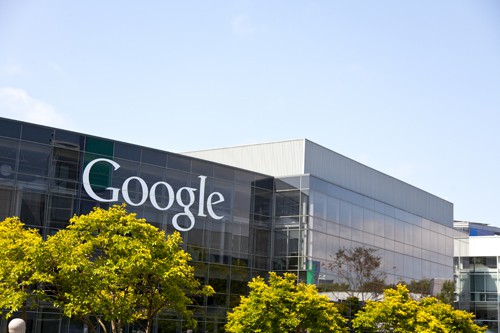
Google has developed a wearable device that can monitor patients’ pulses, heart rhythms and blood pressure and is intended for use in clinical trials.
The tech giant’s latest foray into healthcare takes the form of a wrist band that in addition to physiological read-outs will also monitor environmental factors such as light exposure and noise levels, according to a Bloomberg report.
The device has come out of Google X, the division that has also been working on projects such as Google Glass, delivery drones and self-driving cars, and shows that Google is prepared to go head-to-head in the wearable health device arena with the likes of Apple and Samsung.
Google X clearly has a strong focus on health, given that its other unveiled projects include its blood glucose-monitoring contact lens, the Liftware spoon designed to counteract the tremors in Parkinson’s disease, nanoparticles to detect disease and Baseline, its project to try to define the physiological and genetic norms underpinning health.
The description of the new wearable device suggests it goes a step further than consumer-oriented fitness trackers such as Fitbit, and Google has said it does not intend to sell it to consumers, pitching it instead to the medical community.
That differs slightly from Apple‘s approach, whose ResearchKit platform is being made available to developers for apps what will use data generated by iPhone and Apple Watch sensors.
“Doctors have always looked for new ways to gain insight into the subtle biological patterns that could help earlier diagnosis or intervention in disease,” said Andy Conrad, who heads the life sciences team at Google, in a statement.
“Our hope is that this technology could unlock a new class of continuous, medical-grade information that makes it easier to understand these patterns and manage serious health conditions.”
Google said the device will undergo additional testing before being submitted to regulatory authorities in the US and Europe for approval.
Conrad told Bloomberg that in the future health-monitoring devices could play a pivotal role in disease prevention.
“I envision a day, in 20 or 30 years, where physicians give it to all patients,” he said.




